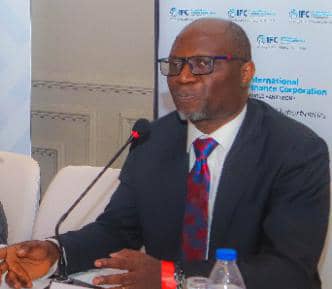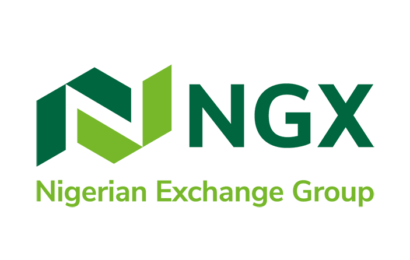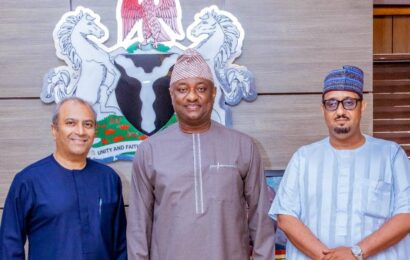
The Director General of the Securities and Exchange Commission (SEC), Dr. Emomotimi Agama, has described the capital market as being grossly undersold in helping to finance the homogous infrastructure deficit in the domestic economy.
Dr. Agama said considering the manifold contribution of the capital market in mobilizing funds for other sectors of the economy in achieving their objectives, he said the capital market is capable, if adequate awareness is created to finance Nigeria’s Infrastructure deficit exposure.
The SEC boss who made these remarks while moderating a panel session at the Day-2 of a stakeholders programme themed; Financing the future in Nigeria, organized by the duo of International Financing Corporation (IFC) and Milken Institute in Lagos, further noted that, there is need for more investor education from operators in the market.
According to him, the regulator and the operators need to further strengthen the base, which is the capital market, where fund is raised, noting that market-creative initiatives must be encouraged.
According to the SEC DG, “we have the capacity. Debt with regards to capital market in Nigeria has not been explored. It is because people do not know and that is why we are out there letting them know about the capital market. The capital market is the barometer of any economy.
“Nigeria has the capacity to be able to fund the capital market. To be able to achieve this goal of the capital market, and actually mainstreaming the capital market to the national economy. Our infrastructure needs is huge, in every aspect. Considering that we have 36 state in the country and the FCT. And requires funds for roads, health services, Airport, education, Agriculture, it’s all encompassing, so we are looking beyond $50 billion dollars to be able to deal with this infrastructure deficits.
“President of the federal Republic of Nigeria, President Bola Tinubu has asked us to grow a one trillion dollars economy. That is possible, it is possible in the capital market. It is possible via the mining sector, it is possible via the Oil & Gas industry. it is possible via construction. It is possible via Housing and development. It is possible in every way. If you imagine the amount of money we need, to galvanize that, then you know it is possible. No is not an answer to us in the capital market. Because it is possible”.
Speaking on the programme, Mr. Tom Ceusters, Director, Treasury Capital Market & Investments at IFC, said Nigeria being a critical partner, there was need to educate mid level regulators and market infrastructure participants.
“To upscale the level of the capital market in respective countries.
So far, we have educated 224 Alumni from 56 countries, including 22 in Nigeria.
According to him, the IFC is satisfied after 8 years of its partnership with the domestic economy, saying “I think the results of the programme are very tangible. As we can see with the Director General of the SEC. He is an Alumni of the programme 6-7 years ago. And we see it in many places, where participants in the programme make the best of career, and have impact on respective regulation in the countries they operate in.
“We assess changes in regulation. How many proposals are being made. That’s how we assess the impact of the programme, and that has been very impactful in terms of advancement in introduction of new products into the market; and regulation in terms of capital market development.
In his comment, Mr. John Hunter, Chief Operating Officer and Chief Financial Officer, Milken Institute, said the programme is a good start. “I think good conversation has taken place. But, it depends on the action taken on the conversation.
On what the regulator needs to do to drive finance to fund infrastructure deficits, he advised that, “they must make the market attractive, look at all the basic elements of ease of doing business and examine what makes you attractive and less attractive.
Africa has the bargaining power. The huge population is an asset. They have a good story to tell, unlike the perception out there”.





